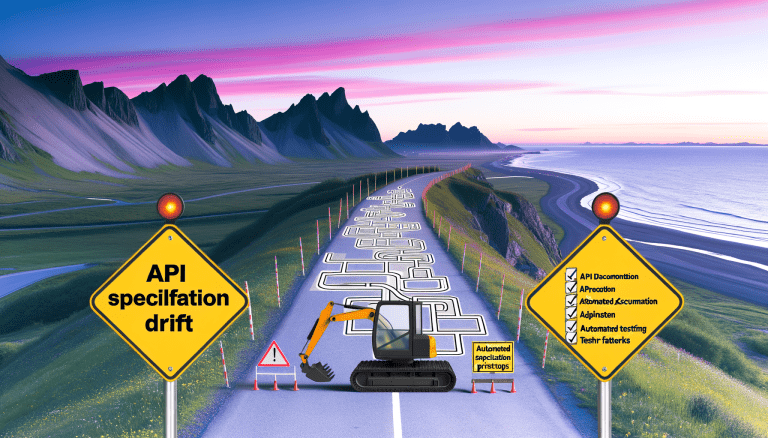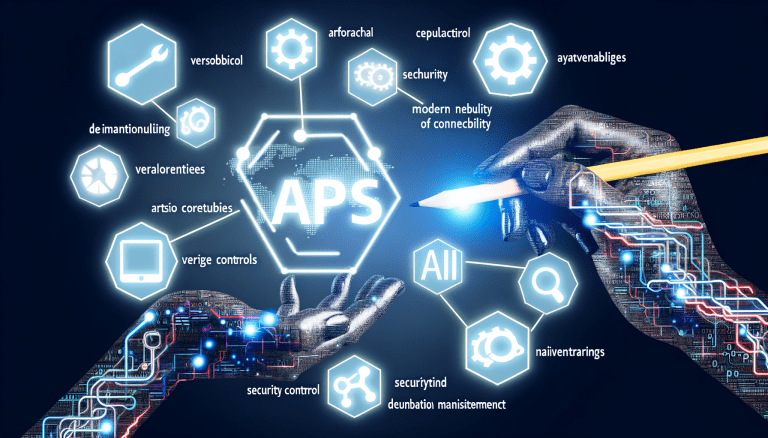Introduction
The article discusses the evolving interaction between APIs and Retrieval-Augmented Generation (RAG), a hybrid approach that enhances natural language processing (NLP) capabilities by combining retrieval-based methods and generative models. RAG bridges the gap between static knowledge bases and real-time information synthesis.
Understanding RAG
RAG leverages large language models (LLMs) alongside pertinent information retrieval techniques. It focuses on retrieving relevant data from external sources to inform and refine the responses generated by LLMs, ensuring more accurate and contextually appropriate outcomes. This integration marks a significant shift from traditional isolation of retrieval and generative tasks.
The Role of APIs
APIs are integral to RAG as they enable seamless communication and data exchange between systems. Through APIs, LLMs access vast databases in real-time, retrieve current data, and generate well-informed responses. This dynamic connection enhances the scope and accuracy of generated outputs by utilizing up-to-date information from diverse and comprehensive datasets.
Benefits of API Integration in RAG
APIs enhance flexibility, scalability, and efficiency in RAG systems. They allow easy access to multiple data sources, which enriches the output quality. Moreover, APIs provide a standardized method to implement RAG across different platforms and applications without needing custom solutions for each case.
Challenges and Considerations
Despite its advantages, integrating APIs in RAG faces challenges such as data privacy issues, latency, and maintaining the consistency of API data sources. Ensuring security and privacy while managing complex API transactions is pivotal for reliable RAG deployment. Balancing these aspects requires innovative solutions and strategic planning.
Applications and Use Cases
RAG and APIs are increasingly used in various industries, including finance, healthcare, and customer support, enhancing automated systems’ ability to provide precise and current information. These technologies greatly benefit areas requiring quick data retrieval and accurate interpretations based on real-time data.
Conclusion
As RAG continues to evolve, integrating APIs will remain crucial for its development and utility. By ensuring robust API frameworks, the reliability and sophistication of RAG systems are poised to enhance significantly, offering powerful tools for numerous applications across diverse fields. The synergy between APIs and RAG is essential for advancing intelligent, responsive, and data-driven technologies.
View the original article here: https://nordicapis.com/the-role-of-apis-in-retrieval-augmented-generation-rag/




